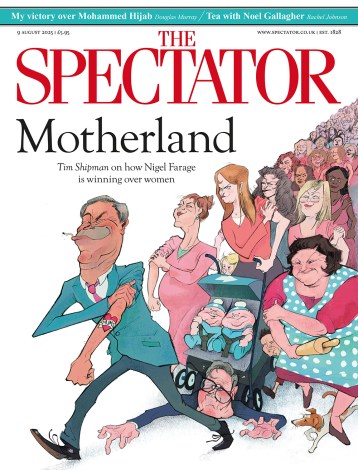Bridge | 23 July 2022
I was very sorry to learn of the death of the legendary American player and author Eddie Kantar – he was still writing articles with such youthful vigour that I had no idea he was 89. Kantar was considered to be the greatest player-teacher-writer of all time. The clarity of his writing, combined with his self-deprecating humour, brought him legions of fans from across the world. I have an entire row of his books on my shelves – including classics like Complete Defensive Play and Bridge For Dummies – which I’ve been thumbing through for 20 years. As the English player John Cox put it: ‘To many of us, his





















